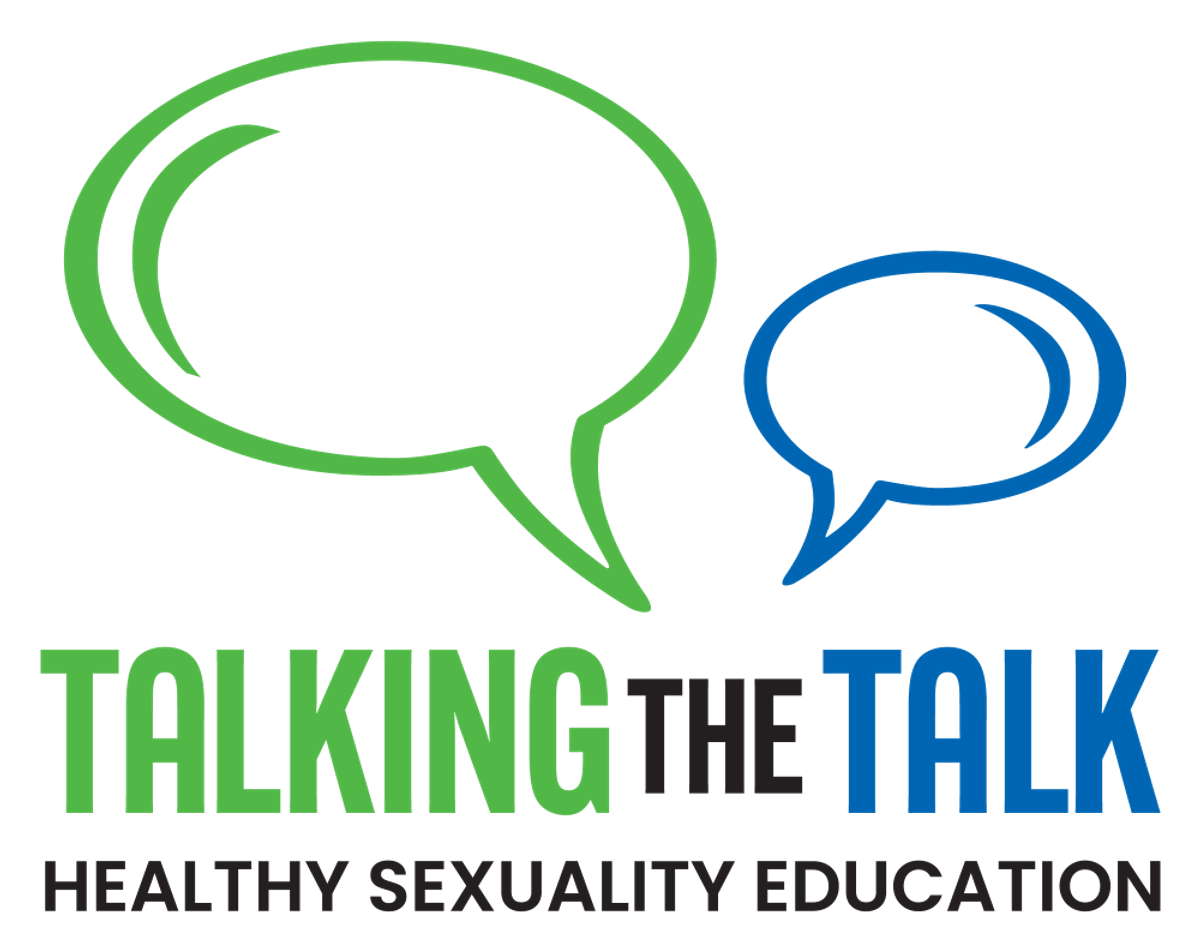A message from the Principal
Talking the Talk

A message from the Principal
Talking the Talk
As you would be aware, this term all classes at SKiPPS will be working with their teachers to participate in the 'Talking the Talk' Sexuality Health Curriculum.
The program has been developed by Vanessa Hamilton, a sexual health nurse and expert in the area of healthy, positive sex education. Based on current research, literature and resources, combined with real life experiences of the tens of thousands of conversations Vanessa has had with people about sex and sexuality, TTT sessions provide a foundation for positive child, adolescent & adult sexuality.
For reasons that should be clear from a large number of media stories and public debates currently taking place, as a school we highly value this education and are proud that our school takes a positive and proactive approach to these topics and societal issues.
It was great to see so many parents attend the online parent information session earlier this week to hear Vanessa talk briefly about the program and more broadly about the importance of age-appropriate content focused on respectful relationships, consent and sexuality education. The session also provided great advice around how parents and carers can have conversations with your children on a range of topics in this area.


In Victoria, it is compulsory for government schools to provide sexuality education within the Health and Physical Education domain, including assessment and reporting against the Victorian Curriculum:
“...All students must receive a comprehensive and age-appropriate sexual health education aligned to the Victorian Curriculum, including the teaching of consent…However, a parent or carer may decide not to allow their child to participate in the sexual health component of the school’s health education…”
A recent Australian study shows that the majority of parents support RSE, our school’s experience is in line with this.
The survey of 2427 parents/carers from across Australia with children currently enrolled in Government, Catholic, Independent (faith-based), and independent (non-faith-based) schools, demonstrated overwhelming support for the delivery of RSE in schools.
Overall, 90% of parents/carers supported schools to deliver RSE and parents emphatically endorsed schools to address a diverse range of RSE-related topics including, gender identity (86%), Sexual orientation (89%), The influence of sexually explicit media (93%), Healthy and unhealthy relationships (98%), Sexual consent (97%) and Sexual pleasure (84%).
In addition, evidence shows that participation in programs such as 'Talking the Talk' has the following positive effects on primary school aged children;
St Kilda Park respects your family’s role in teaching Sexuality Education and hope that these lessons support and facilitate further conversations.
If any families would like to discuss this program further or would rather their child did not take part in the program, they should email Neil Scott on neil.scott@education.vic.gov.au
Neil Scott
Principal